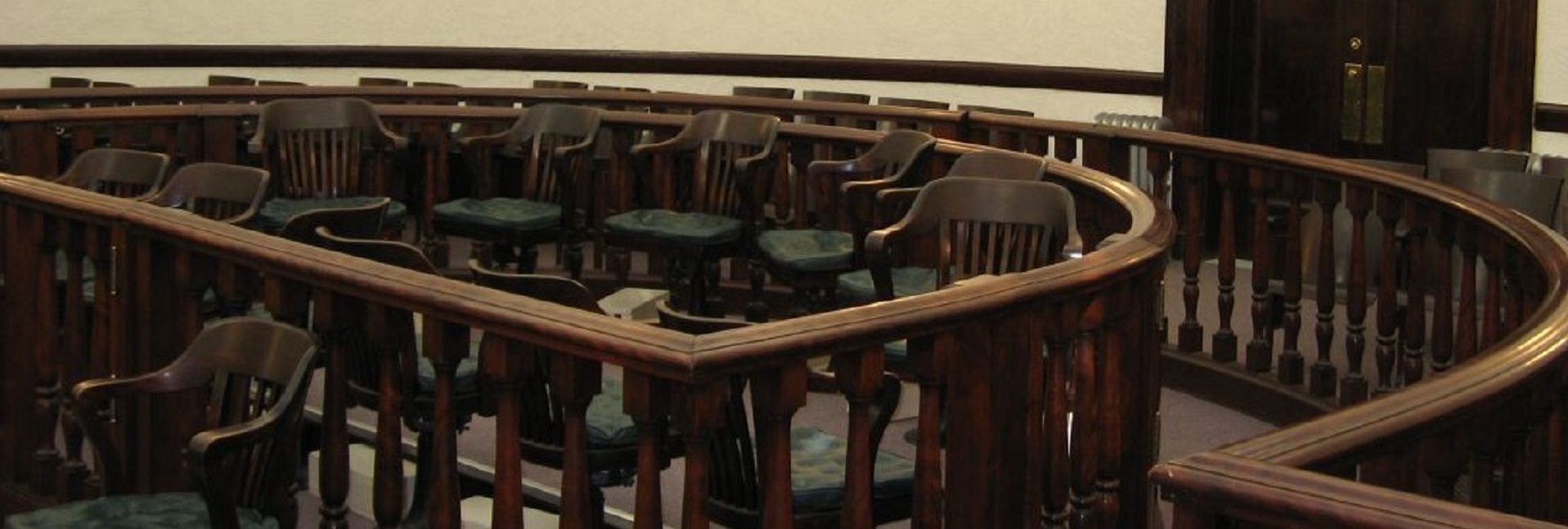Another Win Against Anti-Competitive Licensing Laws

One of the many ways that government stifles competition to aid special-interest groups is occupational licensing — laws that make it illegal for people to offer their services unless they have procured the state’s approval by going to the expense of obtaining a license. Invariably defended as laws needed to protect consumers, licensing laws are actually enacted at the behest of the existing practitioners who wish to create a barrier to entry into their market. That allows them to charge more for their services. The consumers’ best defense against incompetence is their own diligence in assessing a worker’s record before entering into a contract.
Fighting against licensing laws is hard, but one organization, the Institute for Justice, has been leading the battle for decades. The people who are hurt by those laws are not in a position to afford to go to court; moreover, the legal deck is stacked in favor of the status quo since judges are trained that they ought to defer to the “expertise” of the legislature.
Fortunately, the U.S. has had a champion in the fight against occupational licensing and many other illiberal laws in the Institute for Justice (IJ), which was founded in 1991 by William Mellor. I am sad to have to say that he recently passed away. The Wall Street Journal gave him a fitting tribute here.
But I can happily report that IJ has triumphed against a truly ridiculous licensing law in California. IJ’s client is Joel Fink, who established a business in which he helped people declutter their email accounts and identify email spammers. They could then sue fraudulent spammers. Sounds like a perfectly legitimate activity, doesn’t it? California residents were happy to pay for his services. What could be the problem?
The problem was the state’s Bureau of Security and Investigative Services. The Bureau decided that Fink was operating in violation of state law mandating that private investigators be licensed if they are engaged in searching for evidence that might be used in court. Fink was not doing anything that one expects a “private eye” to do, but the state regulators told him that he was operating in violation of state law and could only continue his anti-spam work if he obtained a license, which would entail some 6,000 hours of training in fields such as arson investigation, law enforcement, and insurance adjustment. All of that would be a complete waste of his time and money of course, but that didn’t matter to the bureaucrats who enjoy wielding their authority.
Fink sought legal assistance from IJ, which filed a complaint in federal court arguing that California’s statute violated his constitutional rights, specifically, the First Amendment’s guarantee of freedom of speech. His work, after all, entailed “reading, repackaging and sharing of information,” activities that are protected against government interference.
The complaint sought an injunction against enforcement of the California private-investigator licensing law as applied to Fink. Would the state back down, admitting that his work had nothing to do with its licensing regime? Of course not — government regulators never cede any of their power. So, how would the judge see the case?
The case was assigned to Judge Rita Lin. First, she ruled that her standard of review would be the “rational basis” test, meaning that the law would survive if she could find any rational basis for it. That was disappointing, since “rational basis” usually means deference to the government.
In its Motion for Dismissal, the state naturally claimed that it was merely exercising its regulatory powers to protect consumers and that the First Amendment had little bearing on the case. No doubt it figured that the case was won.
Then, remarkably, Judge Lin held that the California law as applied to Fink’s work, failed even the minimal “rational basis” test. She could find no reason to prevent him from assisting consumers unless he got an utterly useless private-investigator license. Therefore, she issued the preliminary injunction against enforcing the law.
At that point, California did something sensible -– it gave up and agreed to a permanent injunction, freeing Fink to go about his business unmolested.
This is a nice victory for common sense, but the state’s licensing law remains in effect. At least California officials might think twice the next time they harass a business owner for allegedly violating a far-fetched interpretation of one of its licensing laws.
Good work, IJ!
The post Another Win Against Anti-Competitive Licensing Laws appeared first on The Future of Freedom Foundation.